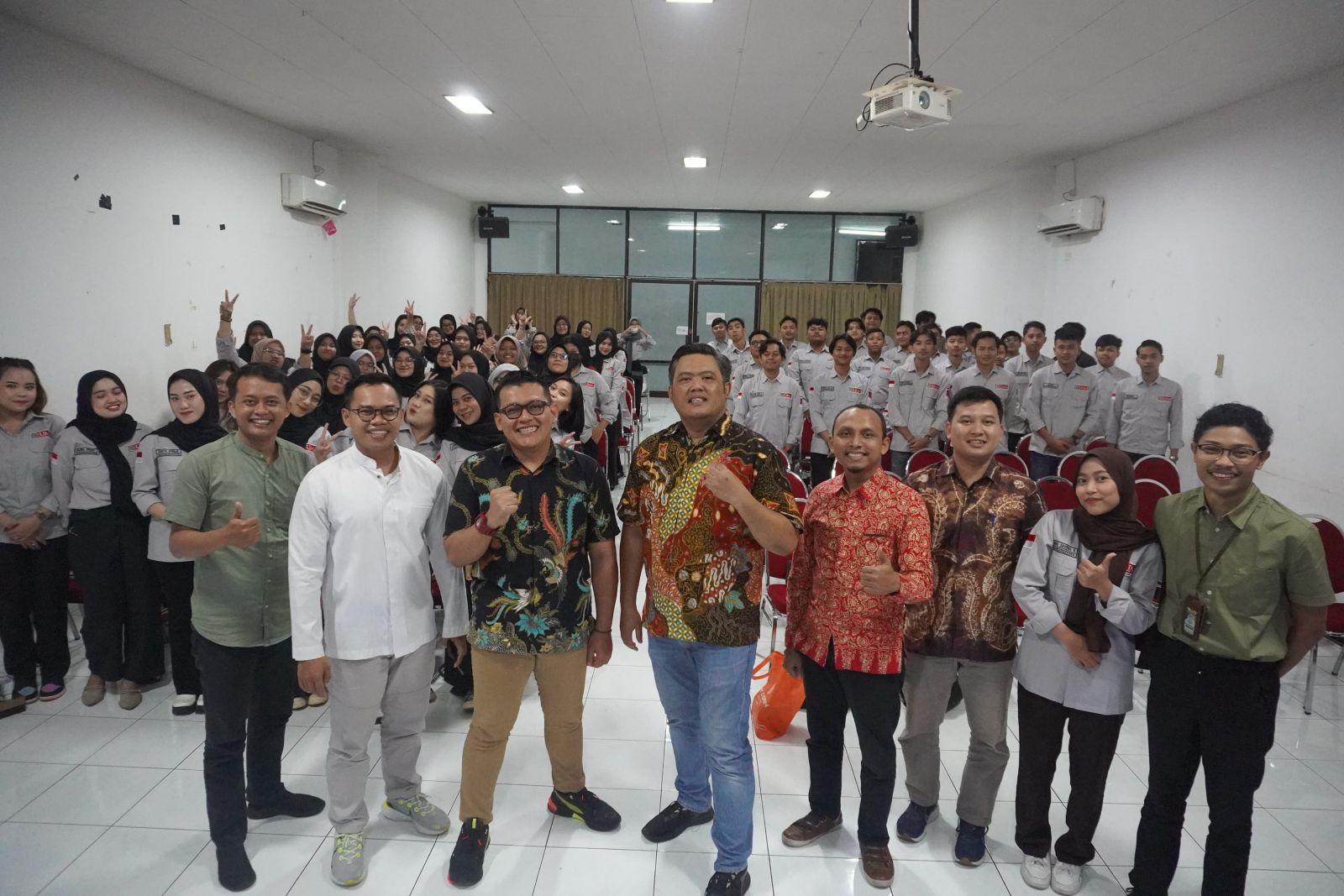
Malang, January 12, 2023 — The Government Studies Program conducted a workshop themed "Strengthening Student Competence in Community Empowerment and Policy Analysis." The event was divided into two sessions: the first focused on policy analysis, while the second centered on community empowerment.
The workshop aimed to enhance student competence and capacity in preparation for the competency test. The University of Muhammadiyah Malang (UMM) provides a Competency Test (UKOM) for its students, officially certified by the National Professional Certification Agency (BNSP).
The event was attended by key figures including Muhammad Kamil, S.IP., M.A, Head of the Government Studies Program; Muhammad Himawan Sutanto, S.Sos., M.Si, Vice Dean III; MS Wahyudi, SE., ME, the first speaker on policy analysis; Setyo Wahyu S., SE., ME, the second speaker on policy analysis; Prof. Dr. Oman Sukmana, M.Si, the first speaker on community empowerment; and Abdus Salam, S.Sos., M.Si, the second speaker on community empowerment.
“In this workshop, we focus on community empowerment and policy analysis. Community empowerment relates to the Center of Excellence for Village Governance and Community Planning and Development classes. Meanwhile, policy analysis is tied to courses such as Public Policy and IT-Based Policy Analysis. The Center of Excellence also encompasses governance and political analysis,” said Muhammad Kamil during his opening remarks.
Vice Dean III also addressed the participants, emphasizing, “The curriculum in the Government Studies Program includes internships, practicums, and competency tests. These competency tests are designed by practitioners to align with real-world needs.”
The first session of the workshop began with discussions on policy analysis. “There are nine key competency units required for public policy analysis certification. These include designing policy studies, developing policy analysis instruments, collecting data and information for policy analysis, preparing policy analysis reports, drafting policy recommendations, developing policy publication materials, publishing policy documents, designing policy advocacy strategies, and conducting policy advocacy activities,” explained the speakers on policy analysis.
Students were encouraged to fully engage with the workshop, not merely as a program requirement but as an opportunity for personal and professional growth. The workshop also served as a means to evaluate whether the current curriculum effectively meets the intended objectives.
